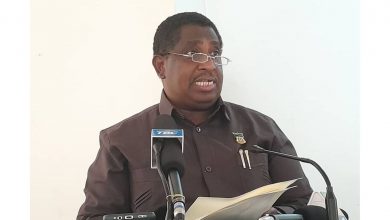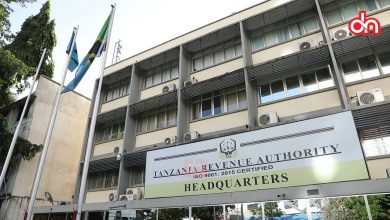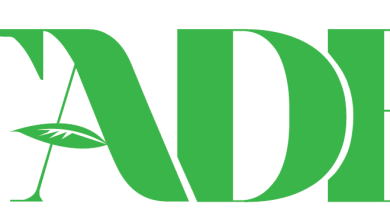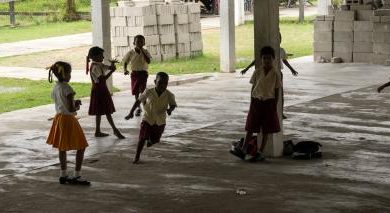Sanitation soars as WVT’s Mkinga project nears completion
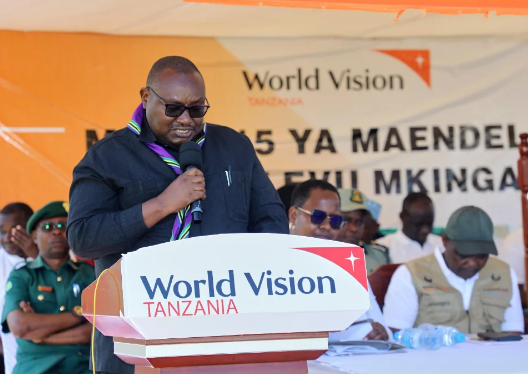
TANGA: A remarkable improvement in household sanitation has been hailed as one of the most significant public health achievements of the World Vision Tanzania (WVT) under Mkinga Area Programme (Mkinga AP), a flagship development initiative that began in 2010.
The programme is set to conclude in September, this year.
Speaking at a ceremony to mark the official close of the programme in Mkinga District, World Vision Tanzania Country Director, Mr James Anditi said the number of households without toilets fell dramatically from 56.3 percent in 2012 to just 25.4 percent in 2025.
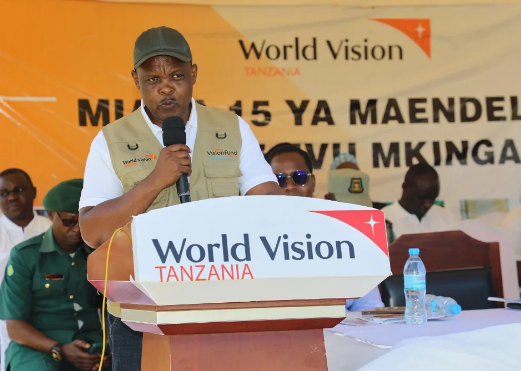
“This shift not only signifies improved hygiene and dignity for thousands of families, but also represents a major stride in preventing diseases such as cholera and dysentery,” he said.
The 15-year programme, funded by World Vision Japan, invested over 30bn/- across sectors including health, education, water access, child protection, agriculture and household economic empowerment.
It directly impacted 13,265 households, benefitting more than 65,000 residents across 28 villages. Among the beneficiaries were 20,963 women, 19,570 men, 7,436 boys, and 17,935 girls.
Programme evaluations show measurable progress in key development indicators. The proportion of underweight children under five declined from 21.8 per cent in 2012 to 10.4 per cent in 2025.
Meanwhile, access to improved water sources increased from 35.2 per cent to 64.7 per cent, thanks to targeted investments in water, sanitation and hygiene (WASH) infrastructure.
Mr Anditi reiterated World Vision’s commitment to supporting development efforts in the district even beyond the programme’s closure.
On his part, Mkinga District Commissioner Gilbert Kailima commended the programme’s legacy, saying it was a journey well-traveled with clear and lasting impact. The DC represented the Tanga Regional Commissioner, Dr Batilda Burian.
He noted that maternal and child health was a standout area of intervention. The programme supported government-led health and nutrition campaigns, distributed health insurance cards to 1,850 vulnerable children, and constructed dispensaries in underserved villages like Doda and Mwakikonge, now serving over 2,200 residents.
Moreover, a fully equipped surgical unit was established at Mkinga Health Centre, improving access to life-saving services for more than 2,300 people.
Mr Kalima also highlighted efforts to improve menstrual and nutritional health. A total of 1,039 girls received menstrual health education and reusable sanitary pads, while 1,623 women were trained in proper nutrition.
To sustain the gains in sanitation, Kalima issued a three-month ultimatum to households still lacking toilets, warning of inspections and penalties.
“I will personally lead a team of district officials to inspect households. Those found without toilets will face penalties. Inspections will now take place every three months to ensure full compliance,” he declared.
The programme also significantly strengthened child protection structures. It helped establish and reinforce 28 village-level child and women protection committees (MTAKUWWA), improved community awareness on reporting abuse, and supported police gender desks.
Mkinga District Executive Director, Rashid Gembe, commended the programme’s economic empowerment efforts, including the introduction of VisionFund Bank for affordable credit.
ALSO READ: Hanang women village leaders receive guidance on enhancing sanitation services
Farmers received training on improved farming techniques, value addition and market access for crops such as cassava and orange-fleshed sweet potatoes.
The programme also set up a cassava processing plant, distributed high-quality seeds for crops like maize, sunflower and vegetables. It also supported over 1,434 farmers. To boost household income, 15 improved dairy cows and over 100 modern beehives were distributed.


